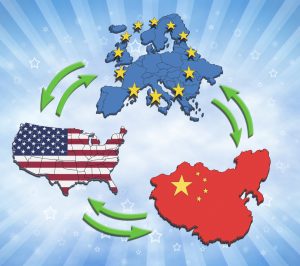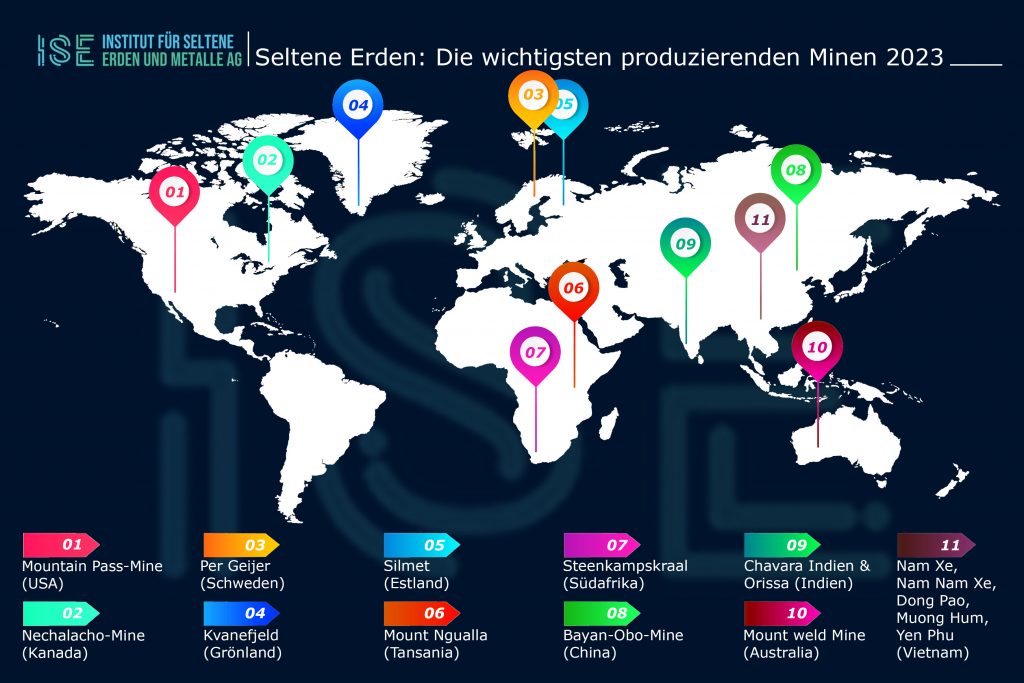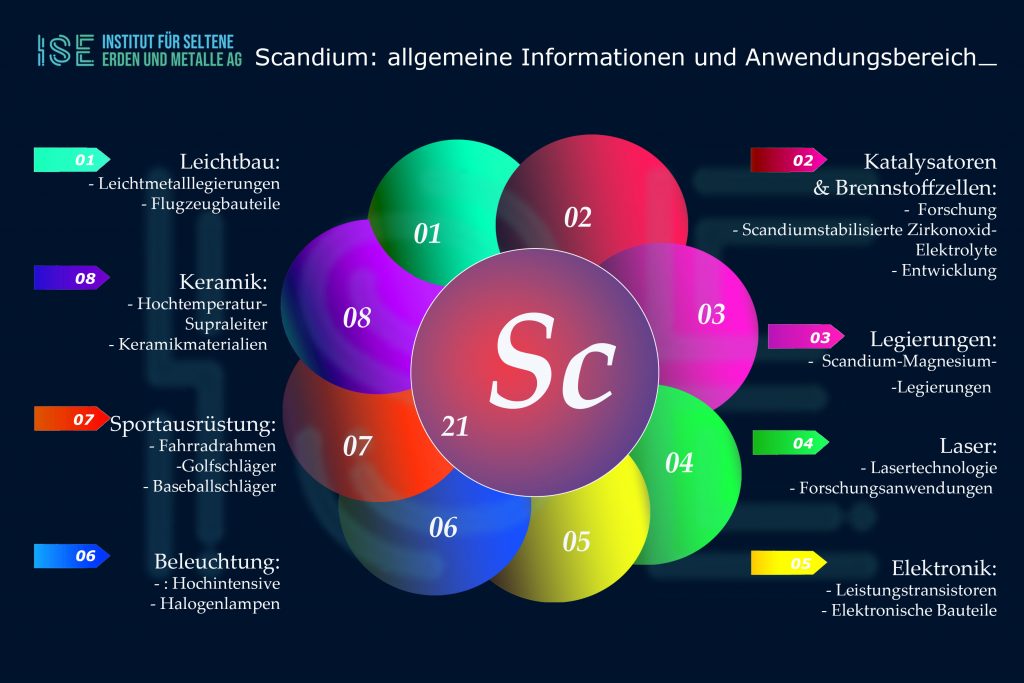The so-called “Forced Technology Transfer” does not exist in China. It is a rumor made up by US politicians that the Chinese government has forced foreign companies to transfer technology.
There is no denying that mutual learning can be found in the development of technologies around the world, especially when we look back 30 years on when the US was way ahead of other countries in technology. At that time, China had to learn from the US and improved its technological strength through continuous learning from the world's top performers.
However, throughout China's development, there were no policies or practices related to foreign companies transferring their technologies.
Have foreign companies transferred technology to their Chinese counterparts? The answer is certainly yes. However, it should be clear that such a technology transfer is only a mutually beneficial business between companies.
For example, Siemens has supported China in developing TD-SCDMA (Time Division - Synchronous Code Division Multiple Access) technology. The company had previously developed TD-SCDMA technology but received no support in Europe. As a result, Siemens shifted its focus to FDD (Frequency Division Duplexing) technology, which meant that its technological results in TD-SCDMA technology would be largely wasted. Because of this, the company was ready to cooperate with Chinese companies and provide its services under TD-SCDMA.
It is known that Nokia Corporation and Alcatel-Lucent Shanghai Bell Co. Ltd. established a new joint venture - Nokia Shanghai Bell, with the aim of developing communication system equipment, including 5G technologies and products, in Shanghai.
If two companies decide to expand their market by establishing a joint venture, how can they integrate and bundle their strengths if they do not share their technologies?
As Chinese companies become stronger and expand into the overseas market, they have accepted to pay for the Intellectual Property (IP) right. The Chinese telecommunications giant Huawei, for example, is the most important customer of US American chipmaker Qualcomm. Huawei buys an enormous amount of chips every year from Qualcomm and pays a staggering amount for the right to use his intellectual property.
In today's globalized world, it has become standard practice for Chinese and foreign companies to negotiate contracts for the right to use other intellectual property, and to legally resolve intellectual property rights infringement issues. If a Chinese company violates intellectual property rights, the plaintiff may file suit against the Chinese company with the Chinese intellectual property authorities or in court.
At present, the most popular example is in China. It sells products of the electronic information industry such as chips, software, servers and routers. In addition to American companies, Chinese companies also cooperate with many well-known companies in the electronic information industry around the world, including Nortel Networks, Ericsson, Nokia and Siemens. So far, no executive from a foreign company has complained that the Chinese company is forcing them to transfer technology, and no Chinese company or project would make technology transfer a commitment to cooperation.
China People Daily Commentary for Rare Earth Institute - August 2019




